-
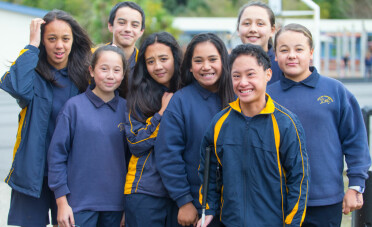
About BLENNZ
This is the place to learn more about BLENNZ, including our vision, governance and history, how to contact staff around the country and any available vacancies.
-
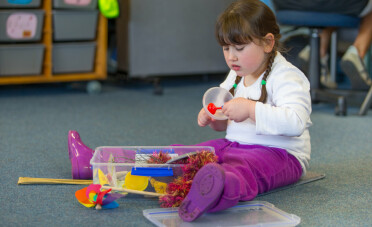
Enrolment and enquiries
Referrals to BLENNZ can come from a number of sources, including parents, teachers, Ophthalmologists, health professionals, the Blind Foundation, and the Ministry of Education.
-
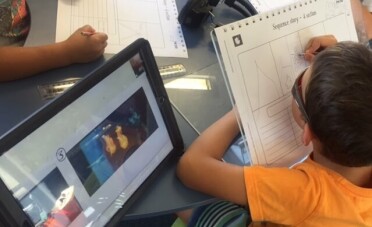
Technology
Discover how BLENNZ uses technology to support blind and low vision learners. Explore assistive tools and assessment processes for full curriculum access.
BLENNZ 2025 school term dates
Term 1
- Starts Wednesday 29th January
- Ends Friday 11th April
Term 2
- Starts Monday 28th April
- Ends Friday 27th June
Term 3
- Starts Monday 14th July
- Ends Friday 19th September
Term 4
- Starts Monday 6th October
- Ends Tuesday 16th December
Latest news
-
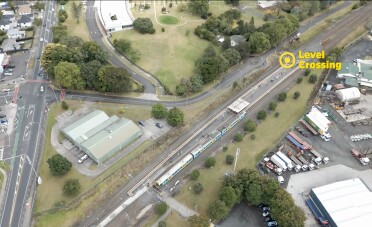
Homai Station reopens with blind and low vision in mind
Last month Homai Station reopened with a safer way to access the station following the closure of two pedestrian level crossings.
1 min read
-
Unveilling of the three panel Sensory Wall at Homai
After two years of planning, a sensory wall by Manukau Beautification Trust Boomer Shed was opened on 14th February 2025, featuring local cultural elements.
1 min read
-

Refresh of BLENNZ Expanded Core Curriculum for BLENNZ ākonga
With input from across the network, we have been refreshing BLENNZ Expanded Core Curriculum for BLENNZ ākonga.
1 min read
BLENNZ YouTube Channel
BLENNZ YouTube Channel
Our YouTube channel showcases some of what is happening at BLENNZ. We have a number of videos related to student learning that cover a range of ages and curriculum areas. We also have clips from parents and educators sharing their experiences. It is also a great ‘go to’ space for information about resources and technology.
Websites to visit
-
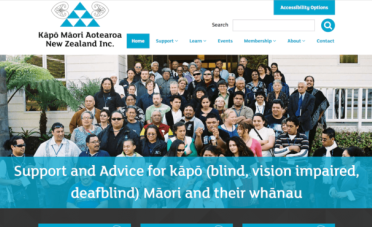
Kāpō Māori , opens in a new window
Illuminating the darkness with hope, self-determination, independence, individual and whānau well-being.
-
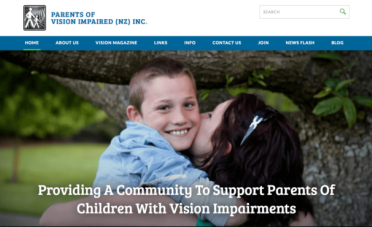
Parents of Vision Impaired (PVI) , opens in a new window
Parents of vision impaired NZ) Inc. Supporting and empowering parents and whānau.
-
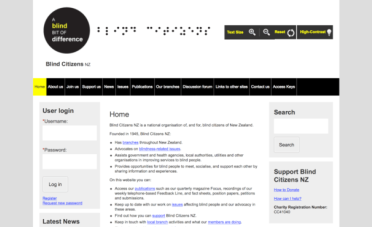
Blind Citizens NZ , opens in a new window
Blind Citizens NZ is advocating for, and working towards New Zealand becoming a fully inclusive society.
-
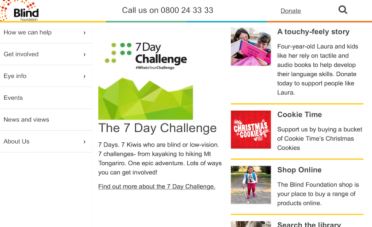
Blind Low Vision NZ , opens in a new window
Blind Low Vision NZ provides support and services to people of all ages across Aotearoa, New Zealand.
-
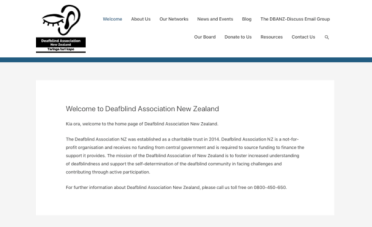
Deafblind Association , opens in a new window
We foster healthy, accessible engagement between the deafblind, their whānau, service providers, funders, non-government organisations, and local and national government.
-
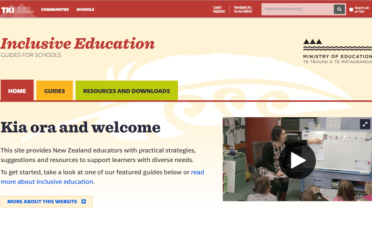
Inclusive Education , opens in a new window
Check out our range of guides, helping you to plan for the diverse learning and wellbeing needs of all ākonga.
-

Albinism Trust , opens in a new window
We work closely with ‘Blind Low Vision NZ’ to ensure people with Albinism can realise their full potential at all ages and stages of life.
-
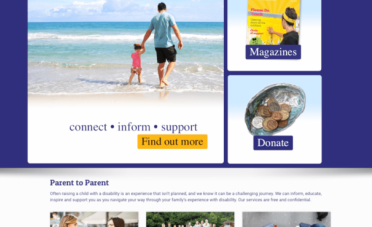
Parent to Parent , opens in a new window
We can inform, educate, inspire and support you as you navigate your way through your family’s experience with disability.
-
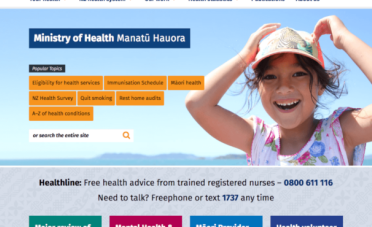
Ministry of Health NZ , opens in a new window
The government’s lead advisor on health priorities and policy. We regulate and monitor the health system to deliver better health outcomes for all New Zealanders.